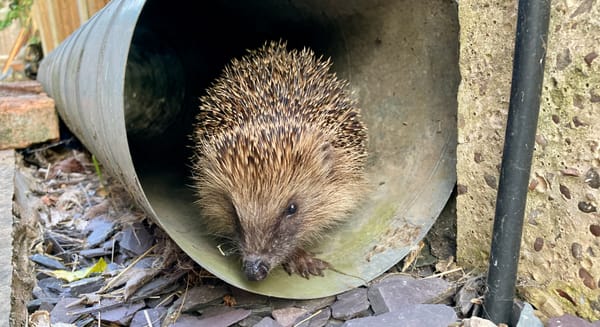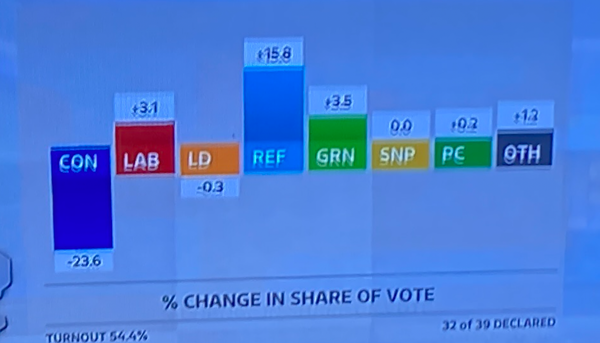The state of Pete
I've been unwell, and will continue to be unwell for a while. This is an account of where that unwellness is at.
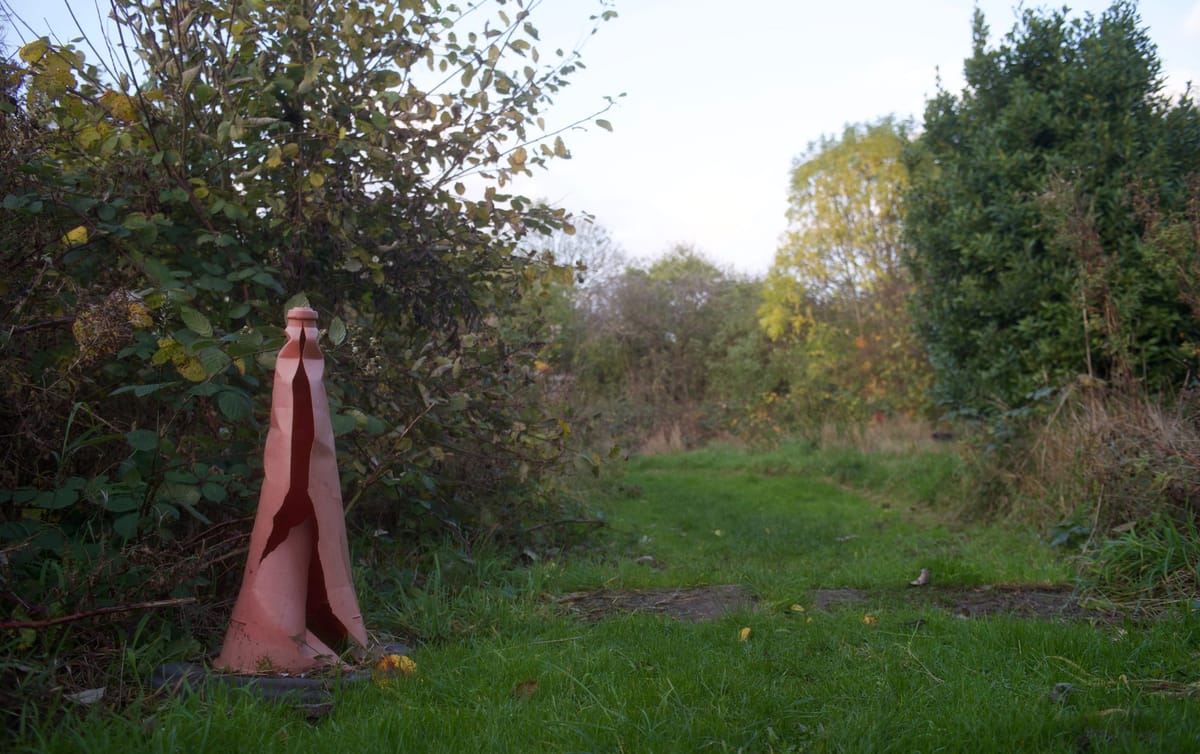
It's been a while since I wrote anything substantial, for this newsletter or elsewhere. Around the autumn of 2024 I found myself unable to write. Forming coherent sentences with words that communicated my thoughts was increasingly hard. I could manage the occasional text message but emails went unanswered and I just stopped communicating with the written word.
Writing was the least of my priorities though. My second dose of Covid-19 made my long-Covid significantly worse and by September I was fully signed off work, unable to do anything physical or mental without crashing, with no sign of things getting better. The doctors at my GP surgery did their best but there was nothing they could do - according to all the tests there was nothing treatable. I had been on the waiting list for the Chronic Fatigue service at Birmingham hospital since April but as an already underfunded service facing an influx of long-Covid patients I was warned this could take a while.
So Fiona and I were trying to navigate this new reality, where my capacity was suddenly reduced to an unknown degree, with no formal support. Like many victims of the pandemic I felt abandoned and forgotten, silenced by my inability to advocate for my existence in a world that clearly wanted to move on.
Meanwhile the nature of my condition (as I've come to call it) meant I struggled to manage it. I started calling my cognitive impairment "brain damage", because that's what it feels like. I can't follow conversations, forget what I'm talking about mid-sentence and struggle to find words. More pertinently, I can't judge my capacity. I feel fine and then suddenly feel awful. I've best described it as like being a phone with a shit battery - it reports 80% capacity, so I head into the world. Then after the minimum of activity and with no warning it suddenly drops to 0% and I have to shut down and begin a recovery that can last for days.
I have to learn anew how to operate my body and mind, and to do so with an impaired body and mind, so it's been long and hard. I haven't been completely alone, of course. Fiona has been my rock, going above and beyond in picking up my slack and keeping me positive. Loaf, my employers, have been great, keeping me on the payroll as long as possible and being ready and willing to have me back whenever and however that might happen - I'm very lucky to have landed at a worker co-op. My social life has fallen off a cliff as I'm unable to hold conversations for more than 10 minutes without triggering a crash which can last for days. But people have stayed in touch, asking after me via Fiona and a couple of very calming friends come over every so often to just hang out and maybe watch a movie.
I also have a weekly counselling session, which has been a lifeline. I started this with the Meridian centre in 2023 to process the sudden death of my parents, thinking it would just last a few months, but it's turned into a triage for the maelstrom of noise in my brain.
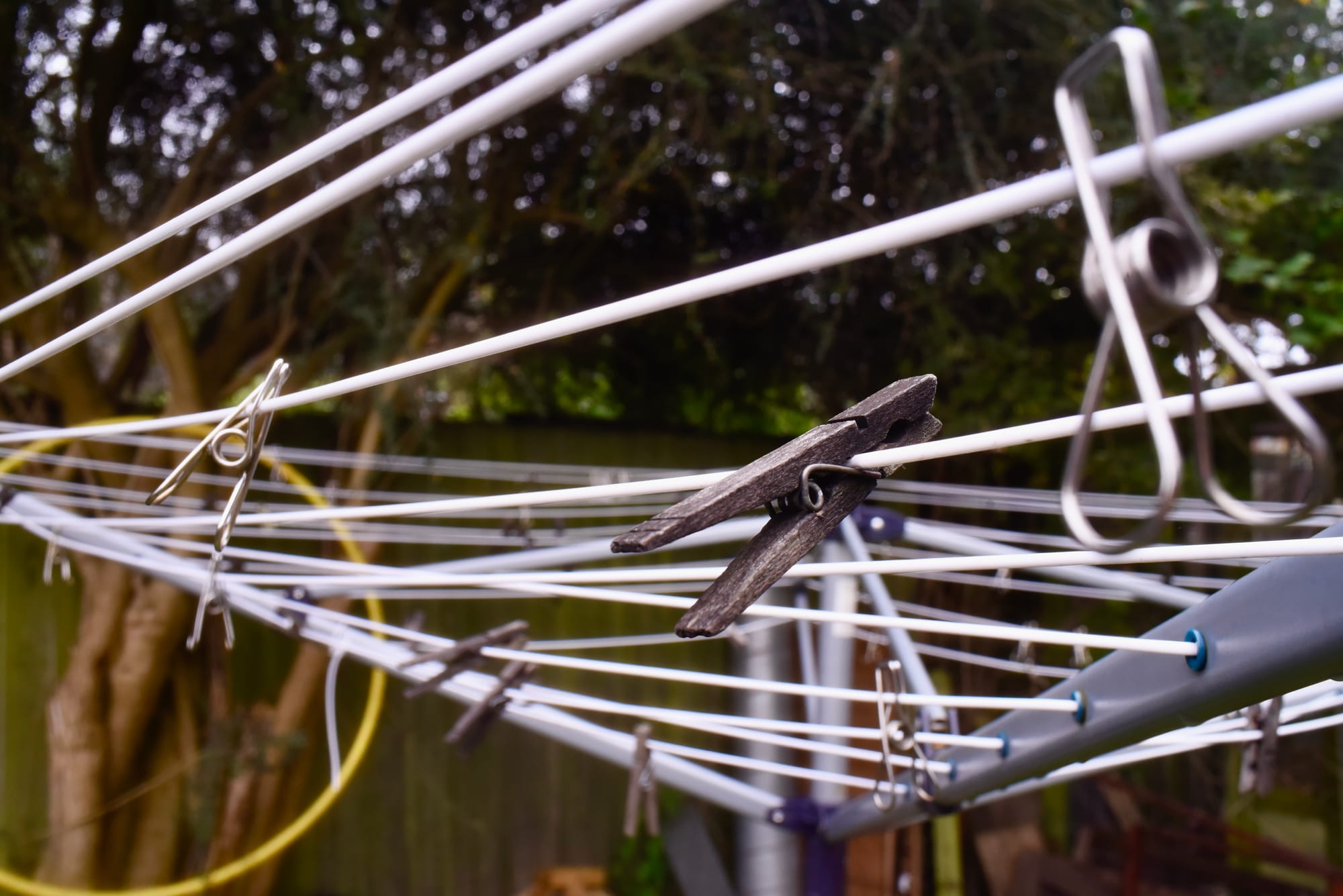
Since Christmas things have settled somewhat. I'm very reluctant to say "improved" as my condition is unchanged, but my understanding of what's happened to me and the potential road to recovery is much clearer.
The main thing that happened was a consultation with the Chronic Fatigue specialist at Birmingham hospital in January. I wasn't expecting this until much later in the year so it came as a pleasant surprise, even after a 9 month wait. In hindsight not much positive came from the meeting - I'm still on a waiting list for actual practical help which probably won't happen before the autumn, and based on my condition he expects me to be like this for five years, and even then there's only a 30% I'll return to my previous capacity. But even so I came out of the meeting elated.
For a start, he understood what was wrong with me and had experience in managing it. Even though the news wasn't great, the fact that he was able to make an educated guess about my recovery time was huge. Along with other insights I now know the rough shape of this thing. I can hold it in my head and see the edges. It has gone from a void to a thing.
Next, he was able to explain how it had happened and give it some context outside of the pandemic. Long Covid is new and weird, but chronic fatigue and post-viral malaise have been around for a long time. They might be underfunded and stigmatised but they did not emerge in 2020. A lot of what I have fits the historical CFS model, and so we're not in the dark.
Finally, while I'm back on a waiting list for actual treatment, he was able to suggest some medication to help with my sleep, so I've started taking Melatonin each night. It's still early but it's already helping a lot and I'm having the first restful sleeps in years. The condition remains the same - this is not a cure - but I'm not waking up as exhausted which is massive. Prior to this it was taking me two-three hours after waking before I was able to eat breakfast. Now it's down to an hour or less.
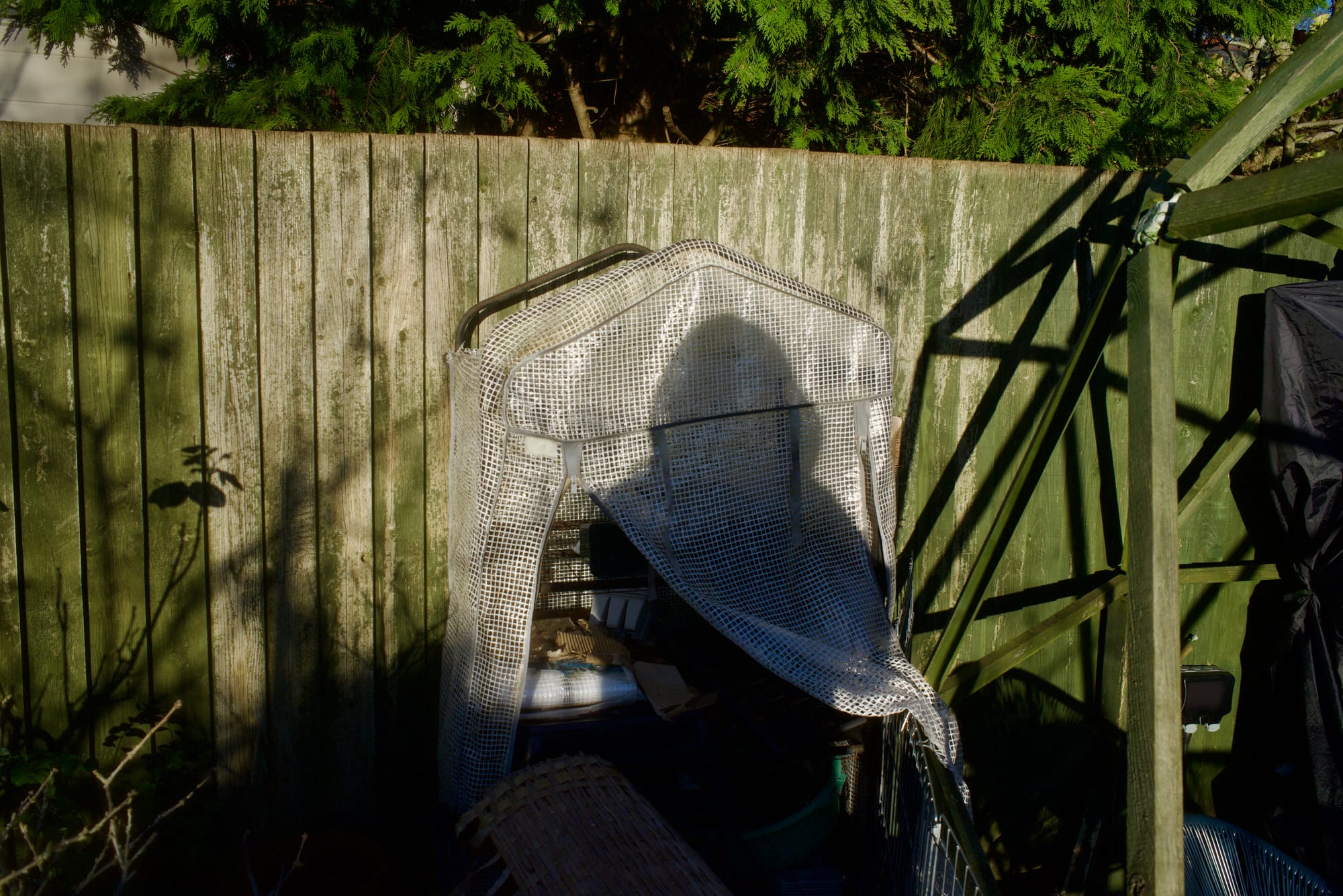
The other big thing was applying for PIP, the disability benefit that's currently in the news. Personal Independence Payments are for people who have trouble being in the world which bring about extra costs. If you meet a criteria, based on a points system, and pass an interview you get a weekly stipend. Unlike other disability benefits it's not means tested or employment related, so it's the first one you're recommended to apply for.
Despite what you might have read it is not an easy benefit to get. The form is 20 pages long and you need to read many more pages of supporting material from third parties to make sense of it. A lot of this material describes a confrontational, hostile environment where the DWP is actively trying to catch you out and there are plenty of horror stories of people who are clearly disabled being denied the benefit.
I could not and certainly would not have applied for it on my own. The whole thing was too overwhelming, not to mention depressing as I had to constantly articulate my worst days. There's no room for positive thinking here, just a relentless reminder of how awful everything had suddenly become. Fiona and I would talk about each question, she would draft an answer, I'd edit it into something I could stand by as truthful, and we'd move on. It took a solid month to get the form filled out during which time I thought of nothing else. It was horrible and I never want to go through it again.
(sidebar: as I'm writing this the government have announced their intention to change the criteria for PIP and based on what was said in Parliament I'm one of the people who will lose it. We will have to wait and see what actually happens.)
But, as a silver lining, I now have a very clear sense of what it's like to be me. I wouldn't go so far as to be thankful for the experience but it has been a perverse form of therapy. I have accepted this is my new normal and, along with the CFS consultation, have a clearer idea of how to start thinking about managing it. For example, I now know what the warning signs of mental exhaustion and stress are. I get rising tinnitus and sinus pains, along with a mood of impatient grumpiness with myself and others. In the past I would push through these but now I know to stop, lie in a dark room and anaesthetise my racing brain with a podcast or some dumb TV.
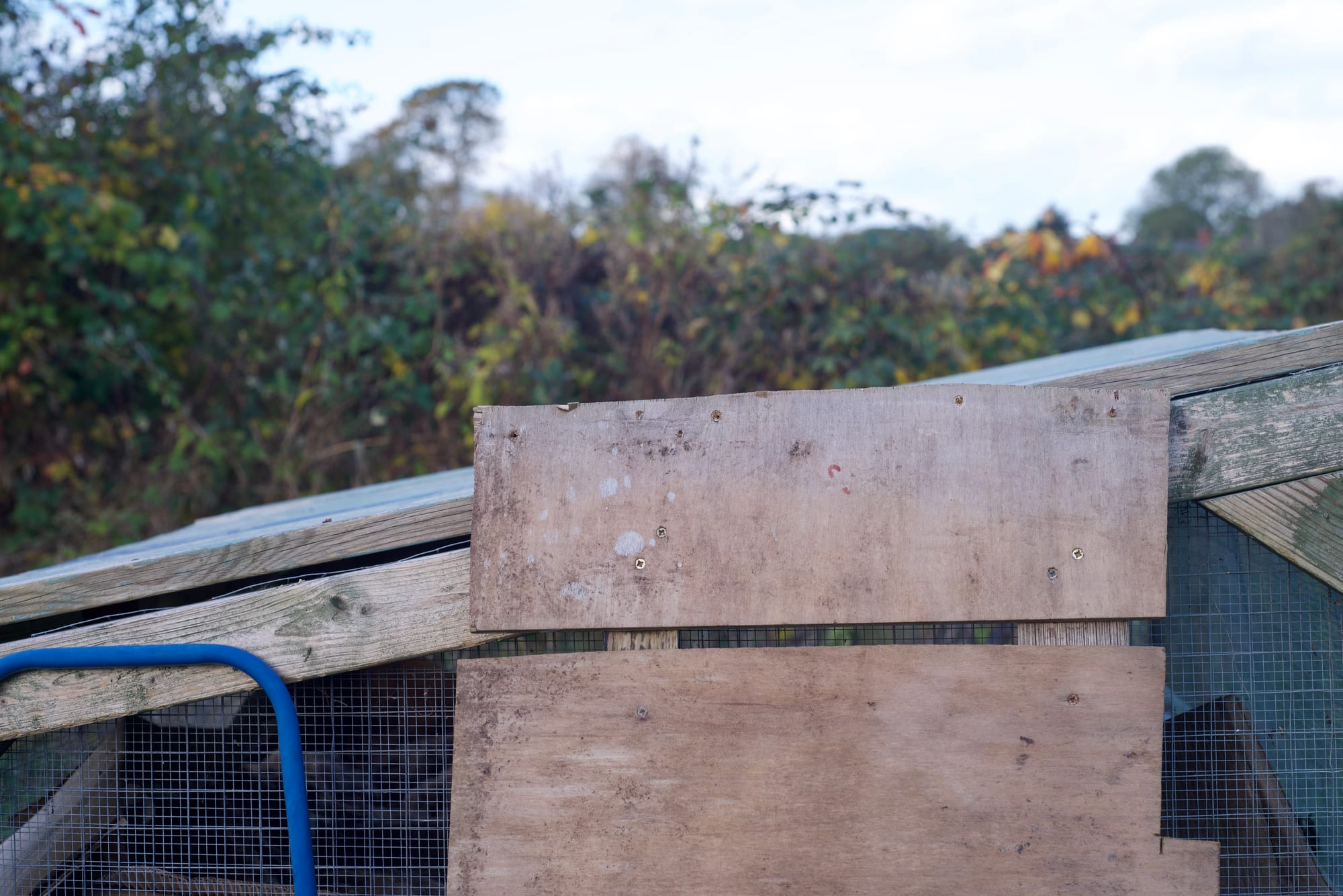
Again, it's important to say this doesn't mean I'm able to return to normal activities. If anything I'm doing even less now because I know to stop earlier, though it does mean my crashes are less severe so hopefully it will balance out.
I need to learn how to do small things at a steady pace. To return to writing, in times past I would have an idea and just write for hours into the night until it was excised into words. I can't do this anymore. This piece has been written in 20-30 minute sessions over a couple of weeks, pausing when the tinnitus rises, the words stop making sense and the frustration takes over. It's a radically different approach – little and often, iterate slowly, spread what would be a day of relatively intense activity over many days.
So this is where I'm at in the Spring of 2025. Things will doubtless change, maybe for the better, maybe for the worse, but there's enough history to my condition that I reckon this is as accurate a picture as I've been able to draw for a long while. I plan to use this blog/newsletter/whatever to flesh it out, mostly for the benefit of understanding this new me, but also on behalf of all the other people who have found themselves in this position and might not be able to communicate their reality right now. And I also hope to write about other stuff, the things I used to think about back in the day.
But slowly, one step at a time.
Photos in this post were taken over October and November while I was experimenting with taking photos to focus my mind away from the maelstrom, mostly in the house and garden with a couple of trips to the allotment. You can see all the photos here.
